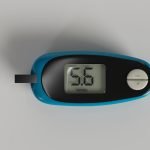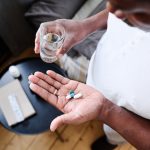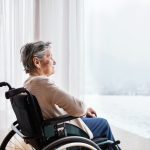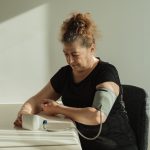Personalized therapy for breast cancer: A step forward
The Research Scope
Researchers at Baylor College of Medicine have made significant progress in personalizing treatment for HER2-positive (HER2+) breast cancer, a variant that accounts...
High blood sugar linked to faster brain power loss in stroke
Unveiling the Link
A recent study sheds light on an important topic - the impact of high blood sugar on the risk of dementia after...
Unveiling the link: Pesticides and Parkinson’s disease
New Research Findings
Scientists from UCLA Health and Harvard have recently uncovered a troubling connection between certain pesticides and Parkinson's disease.
They have identified 10 specific...
Time-restricted eating may help prevent type 2 diabetes
Key Takeaways
Time-restricted eating (TRE) can potentially lead to weight loss and improved metabolic health.
A study from the University of Adelaide found that TRE improved...
Understanding Alzheimer’s and nutrition: A review of reviews
Introduction to Alzheimer's Disease and Nutrition
Alzheimer's disease is a brain illness that slowly destroys memory and thinking skills. It is currently incurable and worsens...
Statins may lower stroke risk in people with heart rhythm disorder
Introduction
A recent study has found that statin use could significantly decrease the risk of stroke and transient ischemic attack (TIA) among patients with atrial...
High blood pressure: Deadliest risk factor for women’s health
Key Takeaways
On World Hypertension Day, the European Society of Cardiology (ESC) emphasized the importance of women being aware of their blood pressure levels to...
Scientists find a cause of multiple sclerosis
Background
Researchers at Sweden's Karolinska Institutet have made significant strides in understanding how the Epstein-Barr virus (EBV) could trigger or exacerbate multiple sclerosis (MS).
Their study,...
Common mental disease drugs may help treat type 2 diabetes
Background: Understanding Diabetes
Diabetes is a significant health concern. Type 2 diabetes, the more common variety, affects millions of people globally.
This condition leads to higher...
“Good” cholesterol and high blood pressure: Genetic links to Alzheimer’s
Unpacking the Research
In a recent study, published in the prestigious journal JAMA Network Open, a team of scientists made a remarkable discovery linking high-density...










